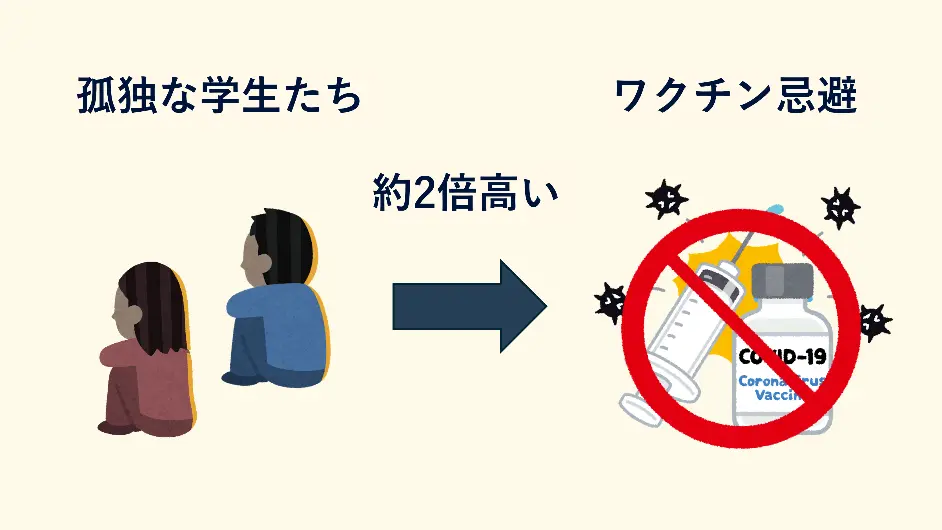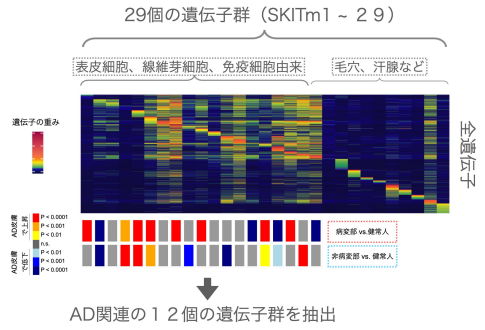2025-06-03 東京科学大学

<関連情報>
東京の大学生におけるCOVID-19ワクチン接種躊躇の危険因子は孤独であるが社会的孤立ではない Loneliness, but not social isolation, is a risk factor for COVID-19 vaccine hesitancy in university students in Tokyo, Japan
Yuki Goto,Nobutoshi Nawa,Toshihide Nakayama,Motohiro Sato,Isao Satoh,Hajime Nitta,Shusho Okada,Kenji Wakabayashi & Takeo Fujiwara
Scientific Reports Published:21 May 2025
DOI:https://doi.org/10.1038/s41598-025-01110-2
Abstract
During the COVID-19 pandemic, social isolation, especially among university students, was a significant problem due to limited campus visits. This social environment could influence COVID-19 vaccine hesitancy because of a lack of accurate information or fear of novel behaviors resulting from loneliness. This study examined the association of social isolation and loneliness with vaccine hesitancy among university students in Tokyo. An online questionnaire was administered to all students at the Union of Four Universities in Tokyo in March 2022. Respondents were asked about their vaccination frequency, social isolation, loneliness, and other covariates including mental health. Vaccine hesitant were defined as those who had never been vaccinated or had been vaccinated only once during the third vaccination period. Logistic regression analysis was performed. Of the 2,907 students, 1,080 (37.2%) were socially isolated, 480 (16.5%) felt lonely and 113 (3.9%) were vaccine hesitant. Lonely students hesitated vaccine 2.08 times more than non-lonely students (95% CI: 1.25–3.44), which was not true for social isolation (OR: 1.07, 95% CI: 0.69–1.65). Loneliness, but not social isolation, was associated with vaccine hesitancy among university students in Tokyo. These findings can be used to plan vaccination programs for adolescents and young adults against future pandemics.

